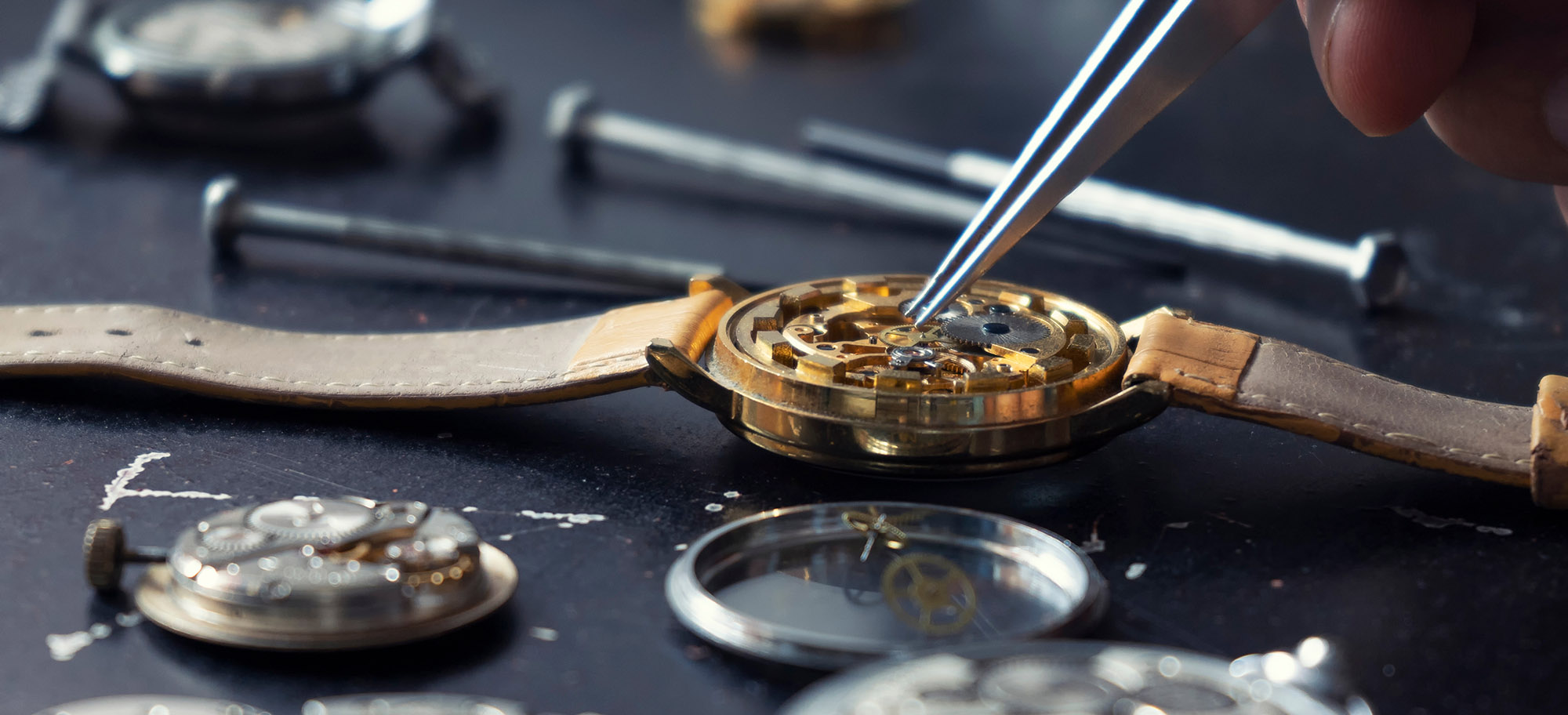Watches can last for varying amounts of time before being serviced, depending on various factors including the type of watch, how often it is used and under what circumstances. Generally speaking, a mechanical watch should be serviced every 3-5 years. This is because the oils and greases which allow a watch movement to work properly need to be replaced. If these are left for any longer, they may begin to degrade, leading to increased wear in the movement and potentially affecting timekeeping. While a watch may keep going for many years beyond its recommended service interval, parts will be wearing out and this will lead to a much higher repair bill in the long term when it eventually does stop.

It may be a watch will last for well over a decade working and keeping time without a service. This may lead to the incorrect conclusion that there are no issues with the movement. Watch movements are complex mechanisms relying on various wheels, springs and other components. These parts are often extremely small and are prone to wearing out when oils and greases are not fresh. A watch movement also has numerous parts which are nothing to do with the timekeeping – these may relate to the winding, hand setting, automatic winding, chronograph, date change or any number of other areas.
If a watch continues to work and keep time despite having not been serviced in many years, this is more a testament to the genius of the design of a watch movement then a sign your watch is ok. When we work on watches which have not been properly maintained, they often need numerous replacement parts, such as with this Omega Constellation. This means the cost of repair is considerably higher than if the watch had been correctly maintained.
It’s even more important to stay on top of maintenance if you have a vintage watch. Parts for certain vintage models are increasingly hard to obtain and are becoming increasingly expensive. Some parts may even not be available at all, which means we need to make parts to repair these watches. One way to avoid all this unnecessary additional expense is to simply adhere to 3-5 year service intervals.
Quartz watches are a little different to their mechanical counterparts. Quartz watches have less moving parts and use much finer oils in lower quantities. This means service intervals are longer. As quartz watches rely on batteries, our advise is to take your watch to a watchmaker like us for the battery replacement. While replacing the battery we can test the movement to confirm it is operating within the manufacturers tolerances, and if not then we can go down the servicing route. If pushed to give an approximate timescale for a quartz service interval, we suggest 5-7 years, though it really does vary based on the quartz movement.
The conditions a watch is used in may also impact service intervals. Watches which are frequently exposed to extremes of heat, dusty or humid environments will undoubtedly need attention from a watchmaker on a more regular basis. If you use your watch in water it is important to have the seals checked frequently – we suggest every 12 months.
Our advice is to have your mechanical watch serviced every 3-5 years, and to have your quartz watch checked when it needs a replacement battery, but with 5-7 years as a rough guideline. Leaving service intervals for much longer than the suggested period causes increased wear throughout the mechanism, which will only cause a higher repair bill in the long-term, as more parts will need to be replaced.
Is your Watch Overdue a Service or Repair?
Try our Royal Mail Special Delivery FREEPOST service, all watches are fully insured for up to £20,000 throughout their postal journey from the moment the package leaves your hand to when it is received by you. Book yours in now!
